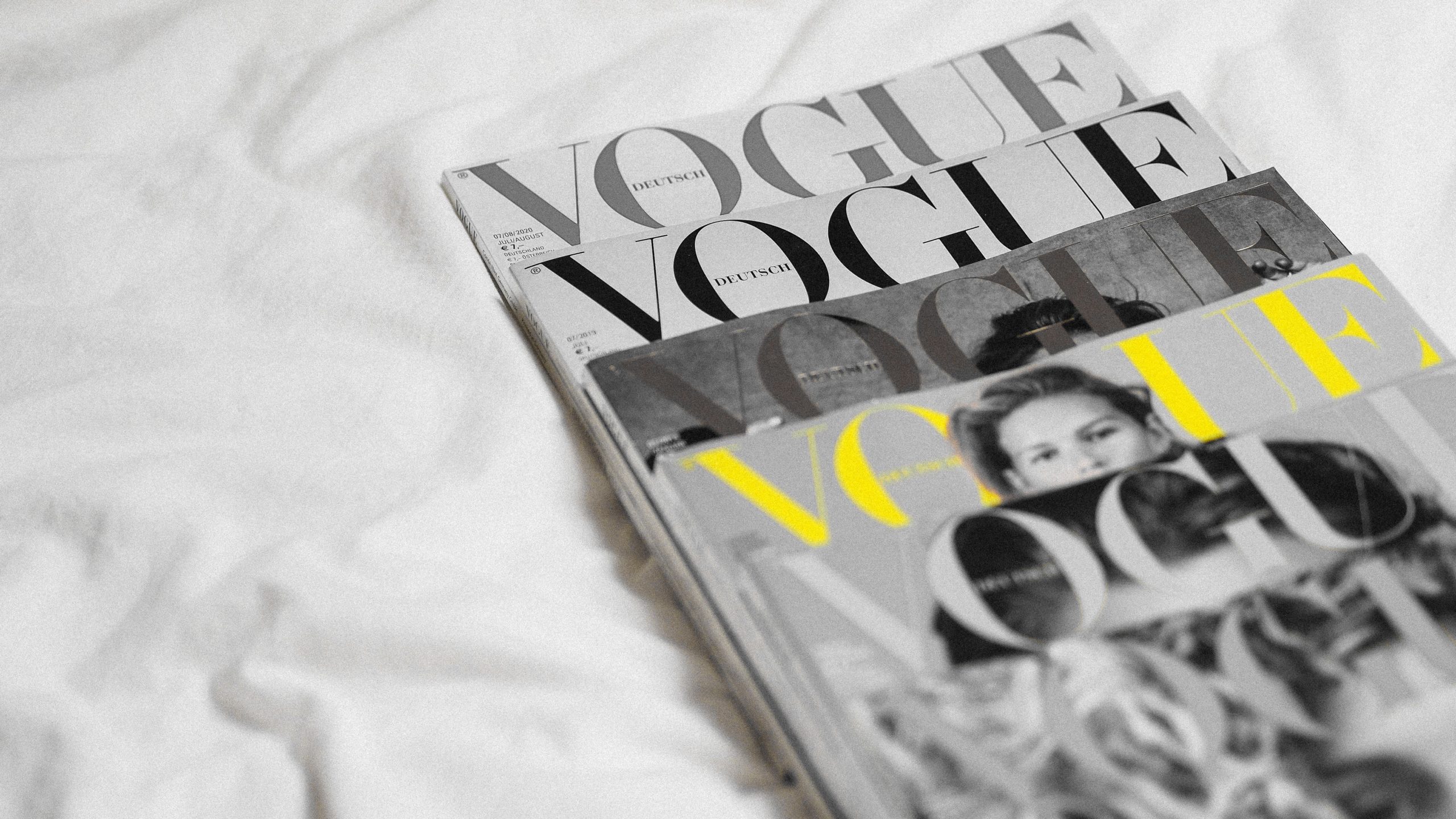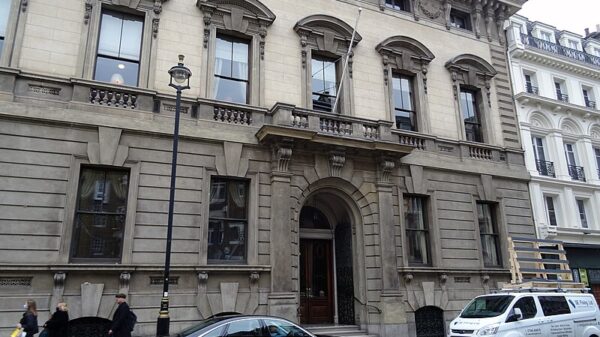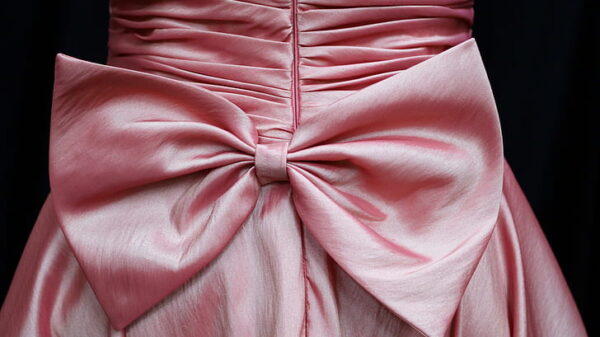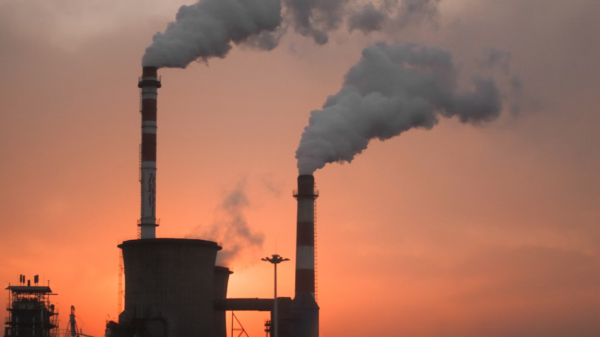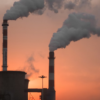Roar writer Camilla Alcini on how Vogue‘s September 2020 Issue will be different from previous years amidst issues of sustainability and racism.
September is considered the most important fashion momentum of the year. Not only for the trends and creations shown at fashion weeks, but mainly for the relevance that collections have as manifestos of the brands. It’s not news that fashion has become more and more involved in political and social themes. How could it not be, when by nature it reflects society and captures the zeitgeist?Â
But this September feels different. A pandemic that stopped both production and diffusion, along with extremely reduced consumption burdens the industry and consumers. For this reason, besides Vogue’s September Issue (the most awaited publication of the fashion year!), what we are likely to see this month is how the industry decides to deal with a series of issues that cannot be ignored any longer.
First of all, the urge of sustainability. Fashion is said to be second to oil in pollution, and this fact even though hidden behind the trendy colours and shapes, is not hard to be believed. According to expert Alden Wicker on Racked, agriculture (cotton, flax, hemp), animal agriculture (leather, fur, wool, cashmere), petroleum (polyester and other synthetics), forestry (rayon), mining (metal and stones), construction (retail stores), shipping and manufacturing all contribute to create an industry that is in fact unsustainable for our planet. Simply put, when you buy a t-shirt that costs $4.99, it’s likely that something in its supply chain would make you uncomfortable if revealed.
The massive role fashion plays in raising awareness (see H&M’s latest sustainability campaign) will be crucial to balance all of this, but it will not be enough unless we see some concrete changes. For example, French brand Jacquemus already launched its new collection that you can pre-order when shopping, in order to avoid producing more than necessary. Motivated by the Council of Fashion Designers of America (CFDA) and the British Fashion Council (BFC), the historical Italian houses of Gucci and Armani announced to reduce their collections per year, cutting all pre-falls and cruises which started to feel too much. In an open letter to Women’s Wear Daily (WWD), the famous designer Giorgio Armani urges for a slowdown and a realignment with seasons in stores, by choosing timeless elegance and smaller events if they are regular, rather than celebrations of special occasions. Fashion should aim to do less, but better.
The other side of the 2020 coin that fashion must address is diversity. The systemic racism, which has been accepted far too long in the US, created conditions for the Black Lives Matter movement to protest for change and put racism in the global spotlight. The protests escalated during the pandemic, after the brutal and viral murder of George Floyd, Breonna Taylor, Ahmaud Arbery and many, many more taken lives. Fashion plays a crucial role and should not only be spreading awareness. We need to look at it in the way we look at ourselves in the mirror. What do we see? Does everyone feel represented in this mirror of our society? For too long the answer has been a clear “no”. White, skinny, perfect dolls wore elite clothing, making fashion distanced and not inclusive of different races, ethnicities, body shapes and sizes.Â
Nonetheless, consumers rebelled. Brands that did not adapt to the need of being more diverse and inclusive succumbed (see the decline of Victoria’s Secret, whose models are famously known as “angels” almost starved to look like dolls in their annual show event). We did have had some good examples at least. Vogue’s September 2018 issue covered the iconic Beyoncé who was photographed by the 23 year old Tyler Mitchell, who became the first black photographer to shoot the cover in the magazine’s history. The rise of plus-sized models such as Ashley Graham contributed as well, giving many girls the representation they had long been looking for. Last but not least, Rihanna’s launch of 50 different shades of foundation and make up products by her company Fenty fit all shades of skin colours. These are only a few examples, but they proved that fashion can and should be better.
We need this industry to work in the opposite way: to represent an inclusive society, which eventually will affect and challenge the real one. These are just the main issues that the industry will face in the near future, and it will have to do so very clearly for millennials to monitor. In fact, the people who are really pushing the fashion world to change for the better are the youth, who dream of a zeitgeist that includes everyone, while doing so consciously and sustainably.

